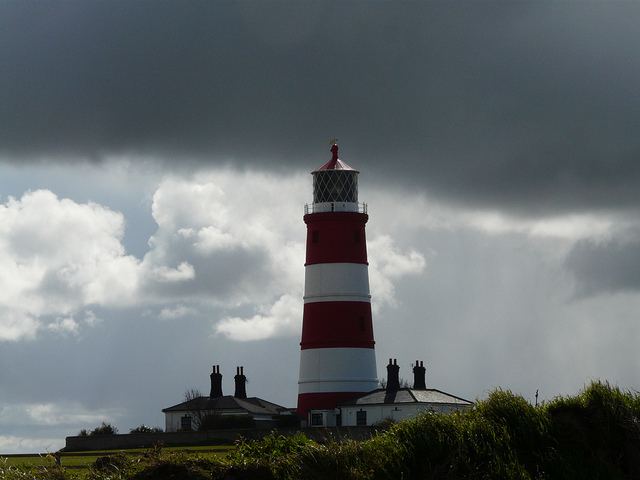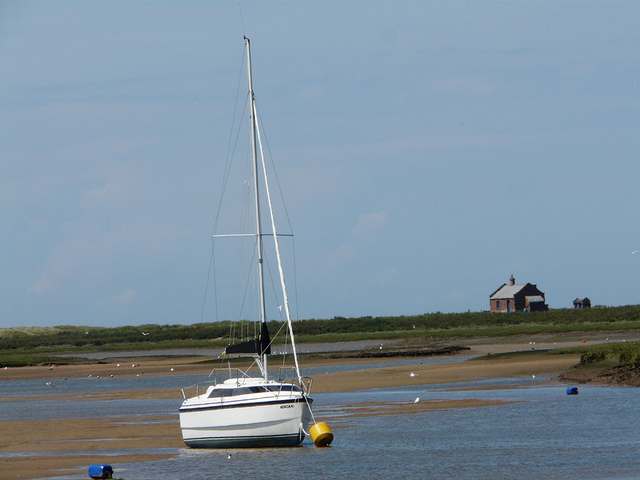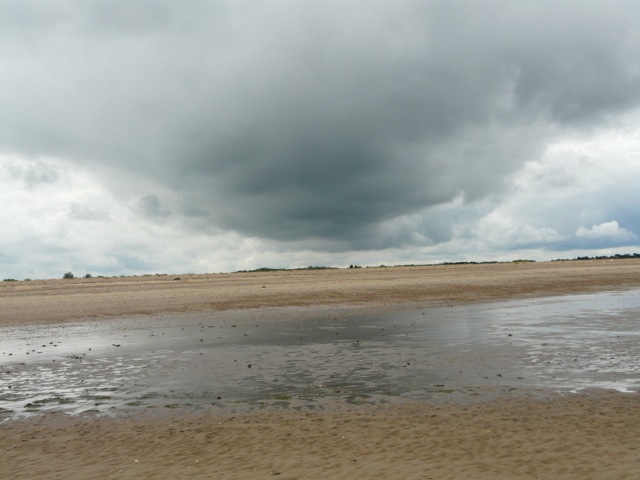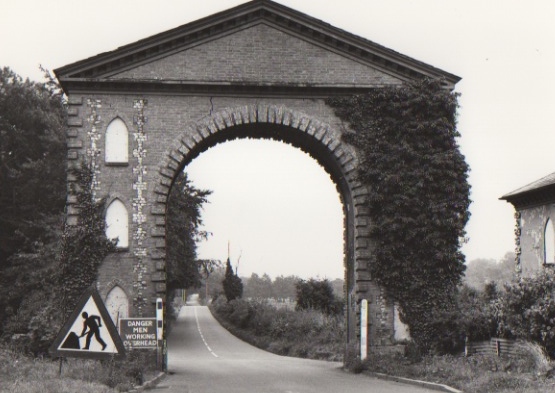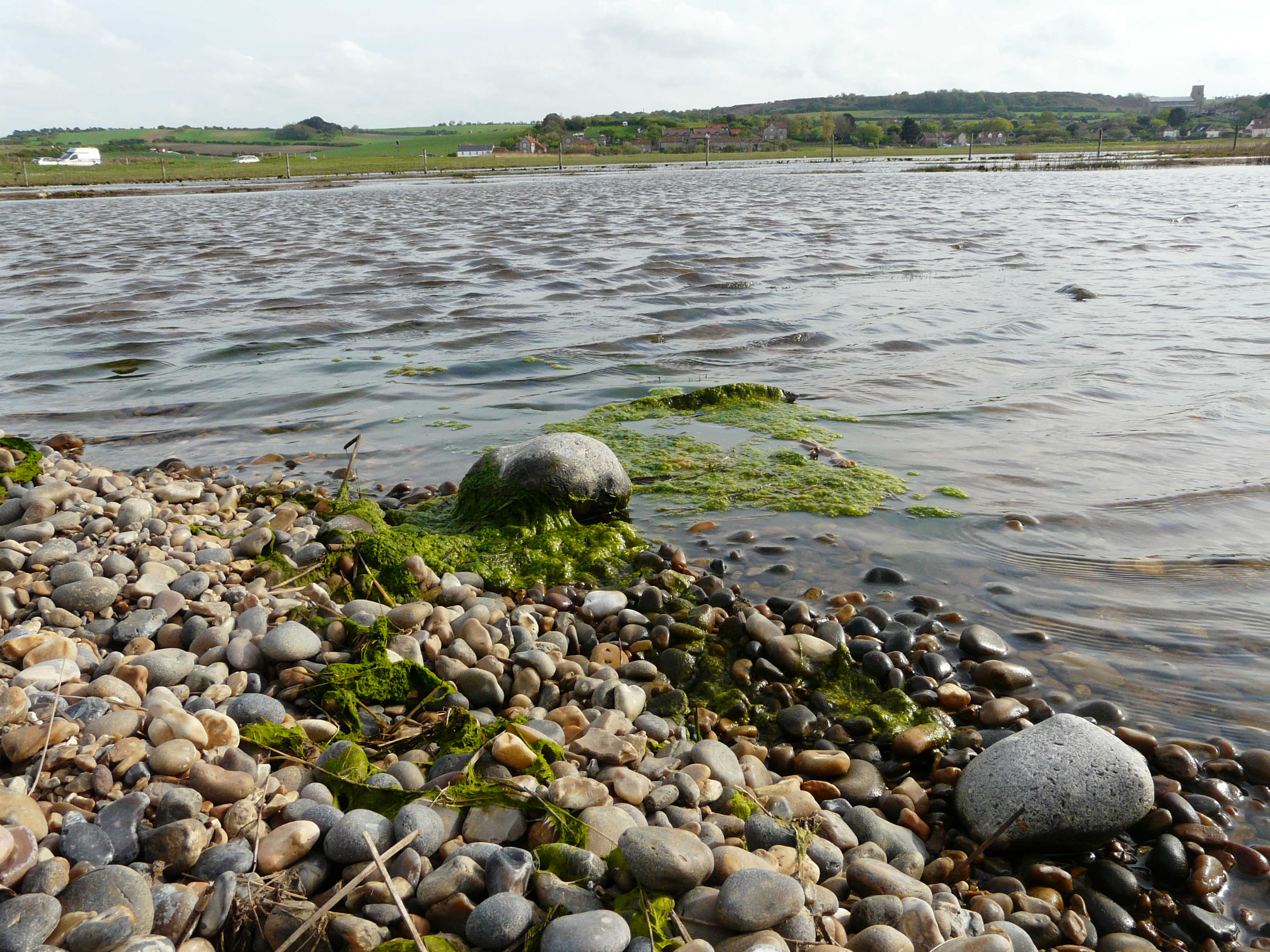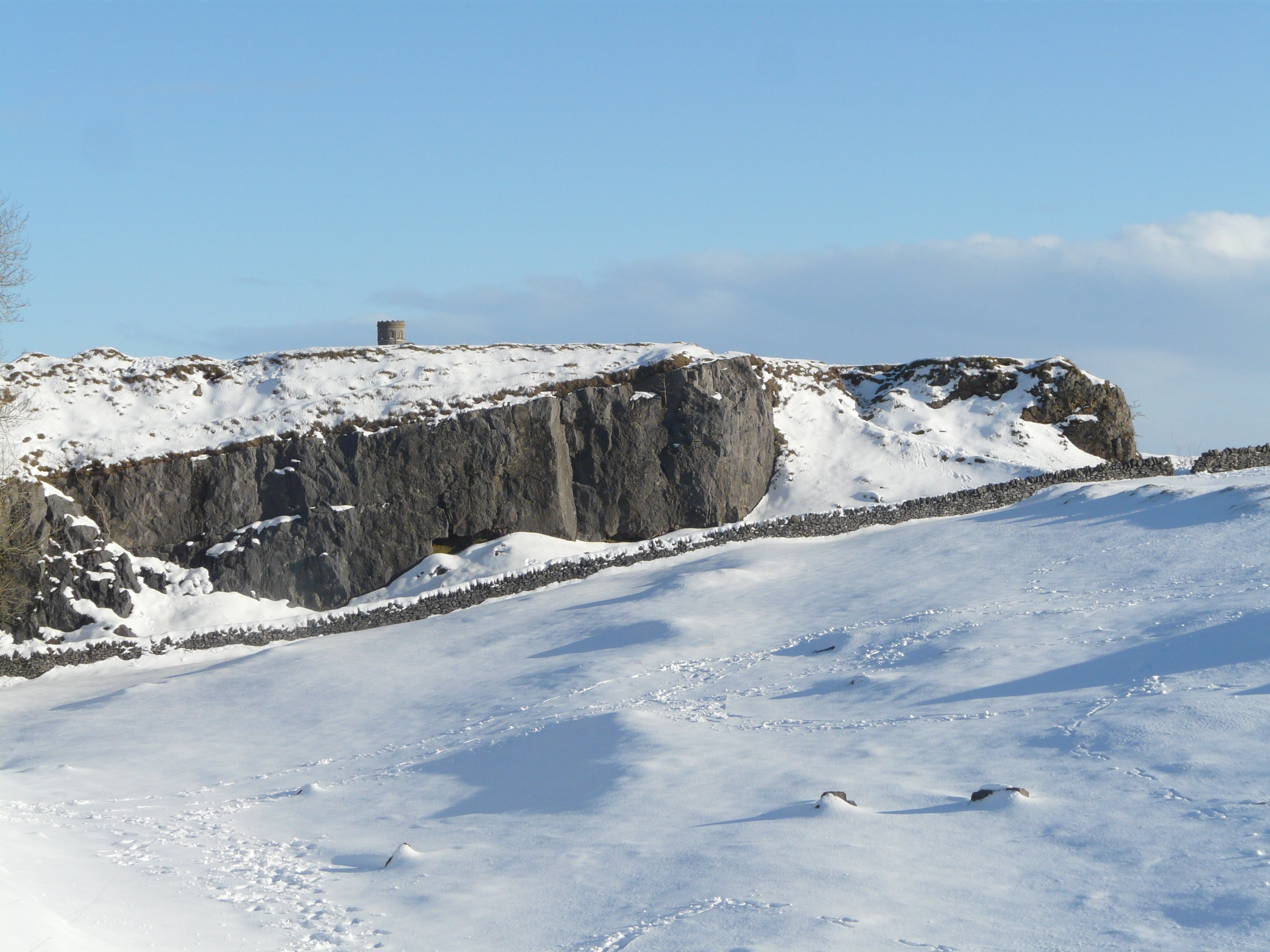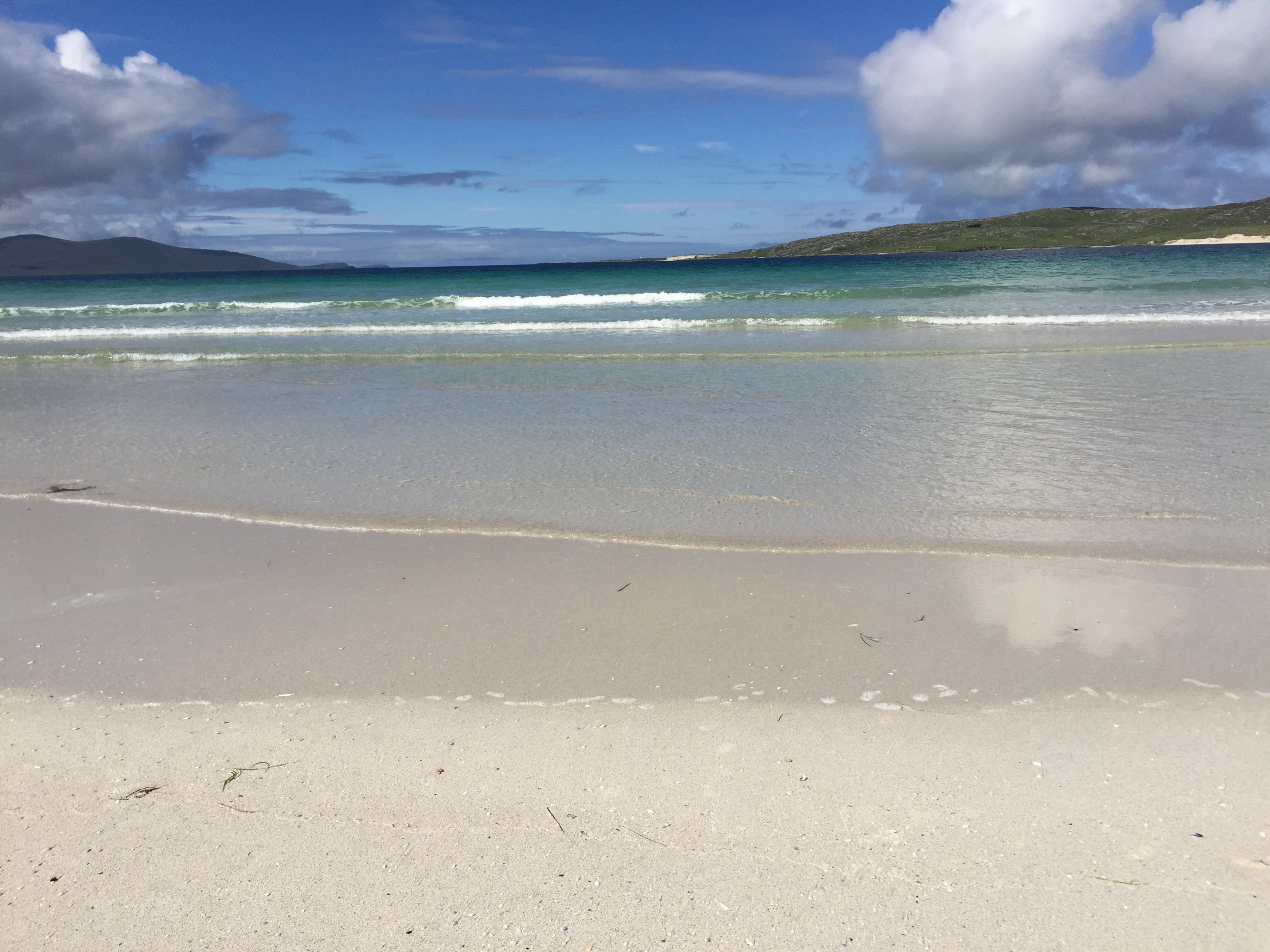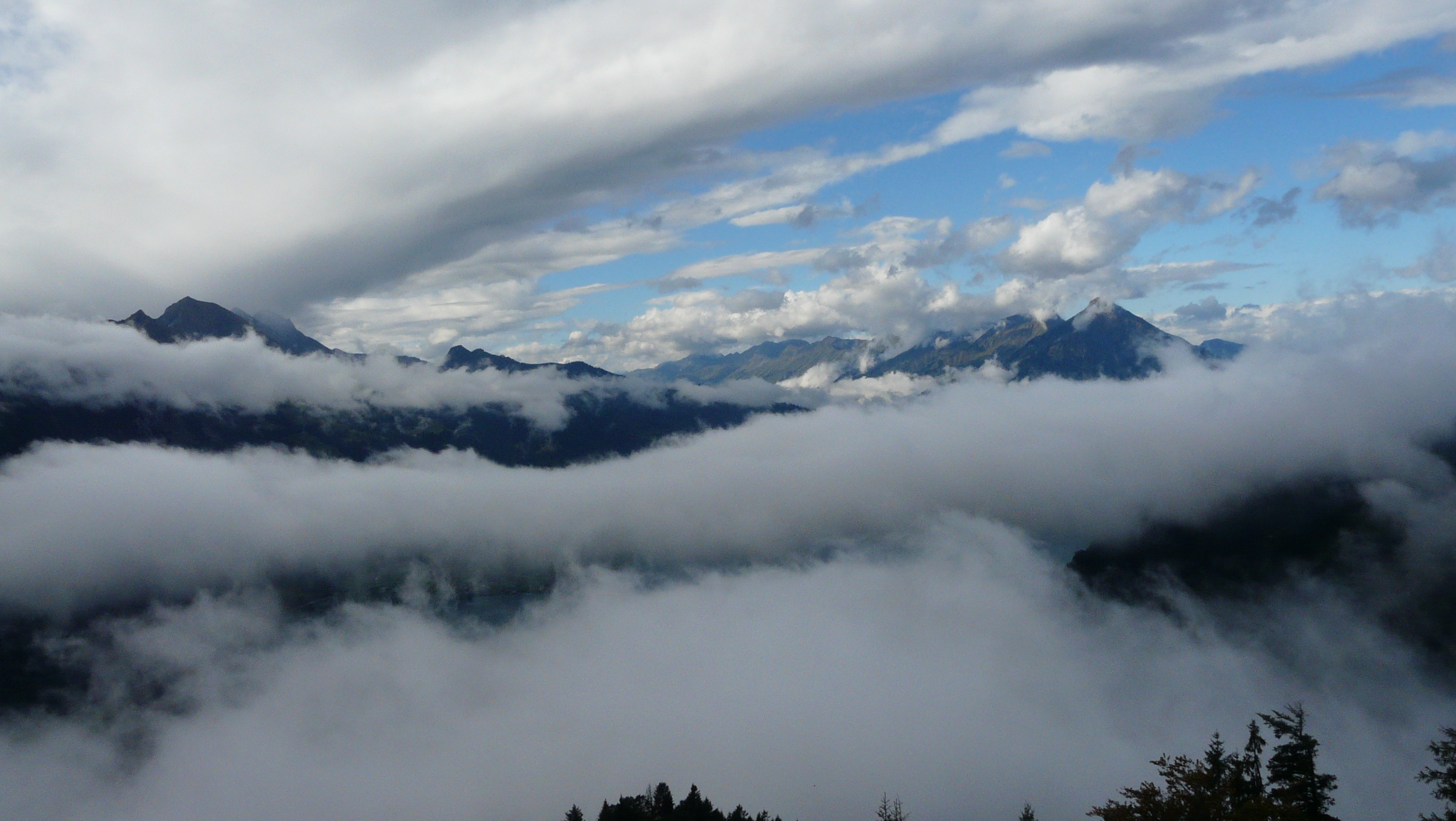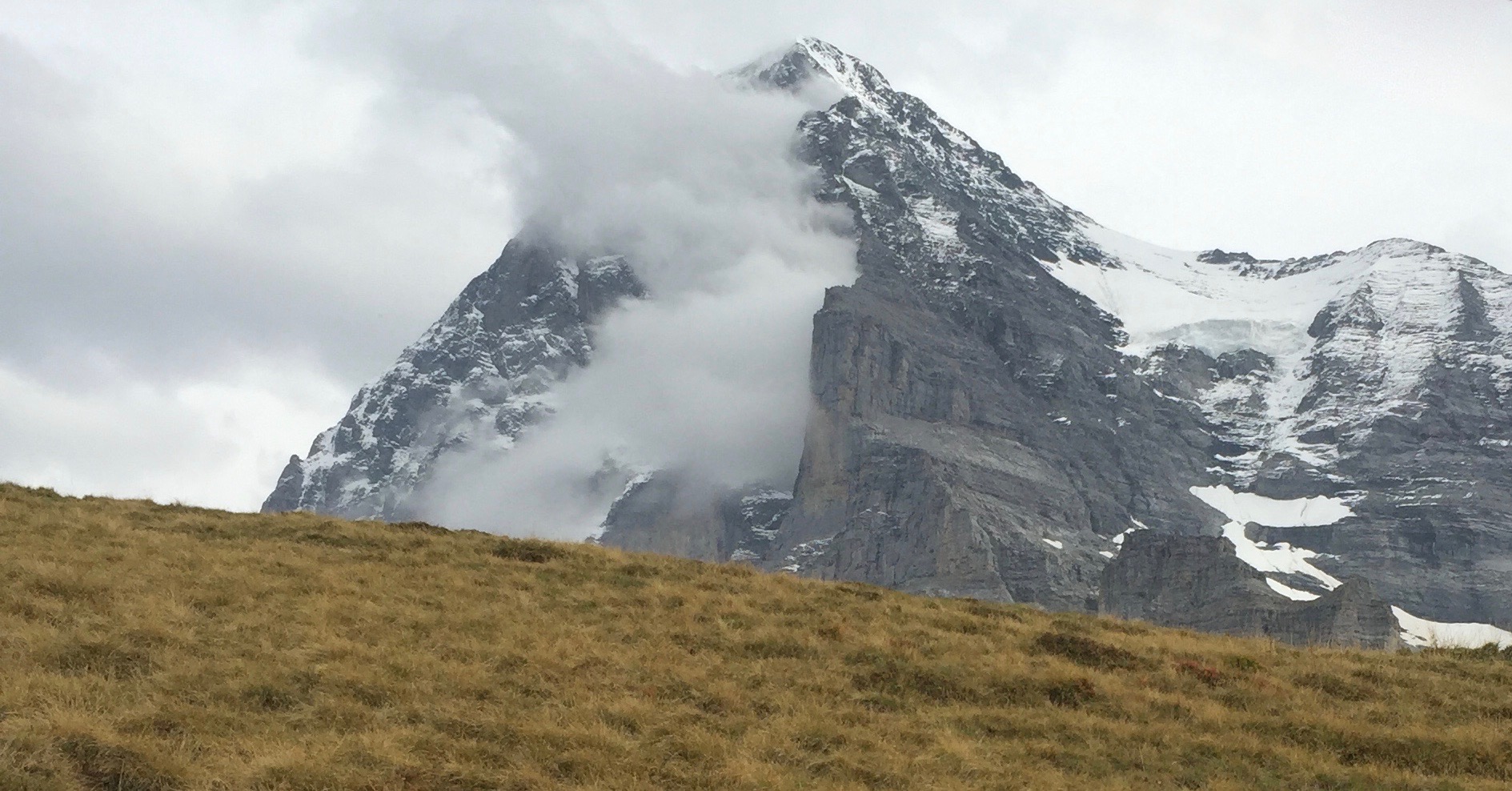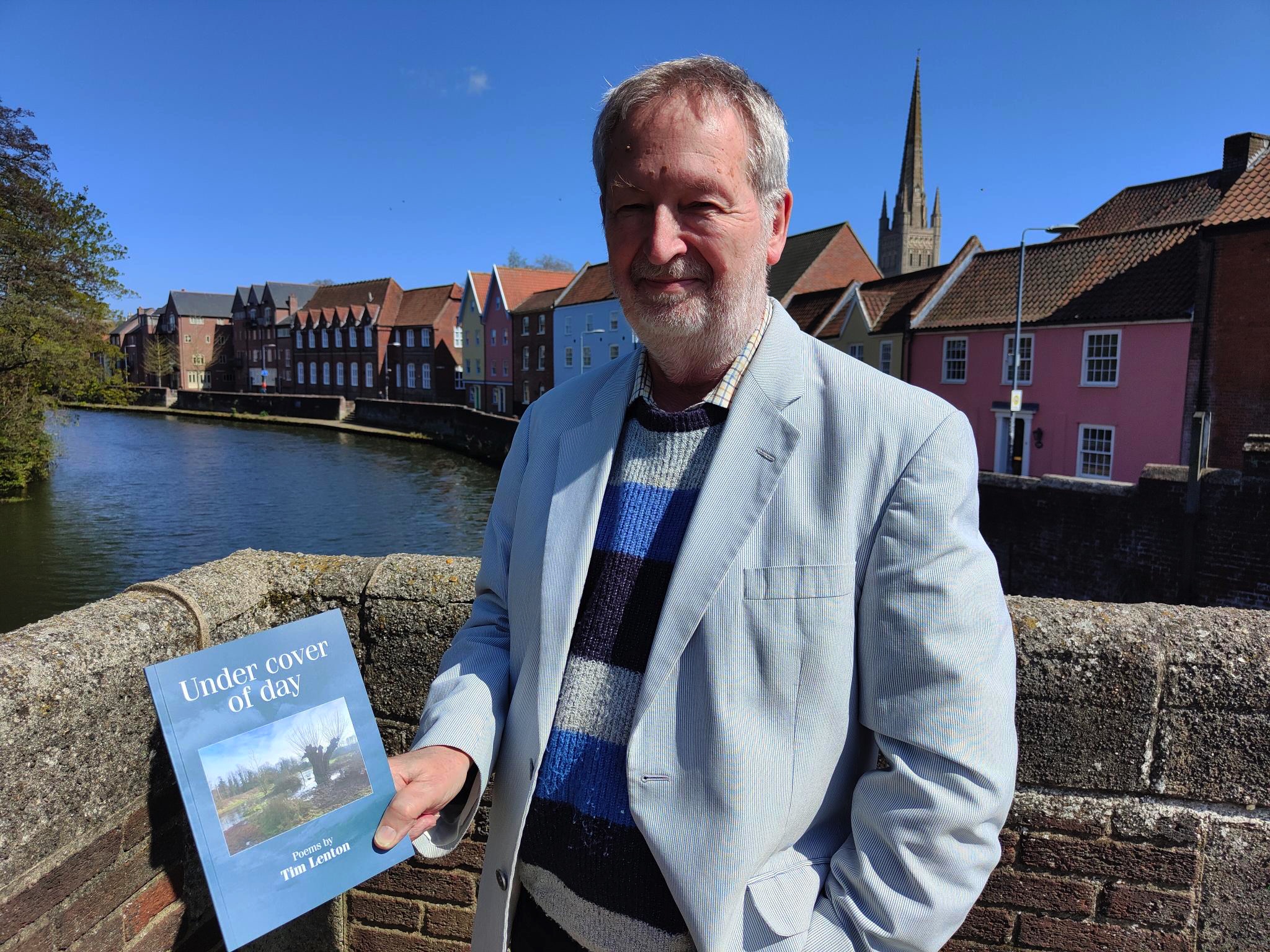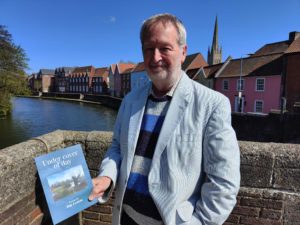Latest article
Corey Ford, an American writer and humourist, is also described as an outdoorsman. So it’s a little surprising that the only quotation of his I know is this: “I’d go away if it wasn’t so far.”
It is, however, a remark that rings bells for me. I have just spent three weeks in Canada, staying with our son and his wife. It was relaxing, and I love Canada. I know it’s an extensive country, but I’ve seen quite a lot of it. This trip was to Ontario, which meant landing at Toronto. Unfortunate, but there you are. You have to land somewhere.
Other people have since told me that they love Canada – and some of them have not even been there. It’s a beautiful place, but it’s so far away. All right, it’s not as far as Australia, but I have no intention of going there. That’s too, too far.
How wonderful it would be if we could simply press a button and suddenly relocate three thousand miles away. I know that’s not very adventurous of me, but I have other faults that are much worse.
One of them is being easily distracted. I had intended writing about the differences between Canada and the United Kingdom. One difference, of course, is the spelling of the word humourist. Or is it? Canadian and American are not always the same thing: anyone suggesting that they are is likely to come under strong attack – from Canadians, anyway.
Canada is certainly big – considerably bigger than the USA and far, far, far bigger than the United Kingdom. Interestingly (I think) the part where we were staying is also further south than quite a lot of the USA. Toronto itself is considerably further south than Minneapolis, Rapid City and Seattle, and much of Windsor is south of Detroit. Little did I think as I strolled on the shores of Lake Erie that I was way south of Bob Dylan’s birthplace. Well, you wouldn’t, would you?
If a Canadian were to look east, he or she might be surprised to find that Toronto, at latitude 43.6 North, is not only way south of London (51.5 N), but south of Paris and Milan. It is roughly on a par with the French Riviera. So why is it so cold?
Well, I’ve been in Toronto when it was 40C. In the summer it’s always pretty warm in southern Ontario, as it is in Alberta, British Columbia, Manitoba, Quebec and Saskatchewan – and probably elsewhere, but those are the provinces I’ve visited.
Our holiday coincided with a very warm and dry spell (except for the thunderstorm which delayed our flight home for eight hours). The temperature was mostly in the high 20s. But it is cold in winter, because they don’t have the Atlantic. Well, they do, but it doesn’t perform the same function as it does for us, which is to keep us warmer than we should be in winter at such northern latitudes. Nothing to do with emissions, I’m glad to say.
I suppose the biggest difference between Canada and the UK is the space. Except for the southern strip, especially in the neighbourhood of Toronto, where Highway 401 is like the M25 but much wider and busier, the countryside is pleasantly empty. The roads are bigger, there are few hedges, and you can see a long way. Even the rare hold-ups are quite relaxing.
The downside, of course, is that everyone needs a car. Public transport is rather rudimentary, and even the corner shop – when there is one – is a long walk and probably not on a corner. Electric cars are worth having, because filling up with petrol in winter is not a pleasant experience.
But with the space there is definitely a sense of freedom. Perhaps this is because you don’t have to keep your elbows in. As a result (maybe) people are generally considerate. I would definitely go back soon, if I could find that button.
PS As it turns out Canadians spell humourist like that too. I consulted an expert. But they also eat arigula and eggplant, whatever that is. And they have bears. Did I mention bears? They’re free.
Latest poem
It was three weeks before the end of the world:
even the leaves were making for the exit
and that Mennonite magic hovered
among the hostas
I knew you’d come:
the coyotes were calling
and the stones looked fragile
Pain is temporary, they say –
until it isn’t:
I felt your fingers on my breast
While the politicians waited outside
making mistake after mistake
worshipping death
Not realising the implications
of the scars on their elbows,
diving in like clowns
Why should I worry?
I knew you’d come
I knew you’d come
shining like gold in the darkness,
across the park and into the ice
